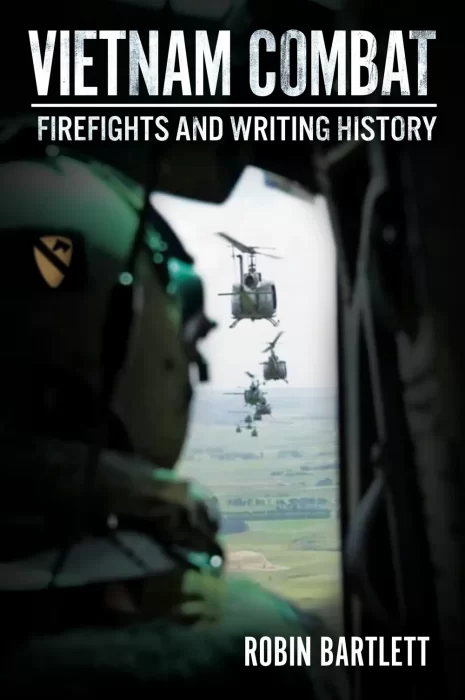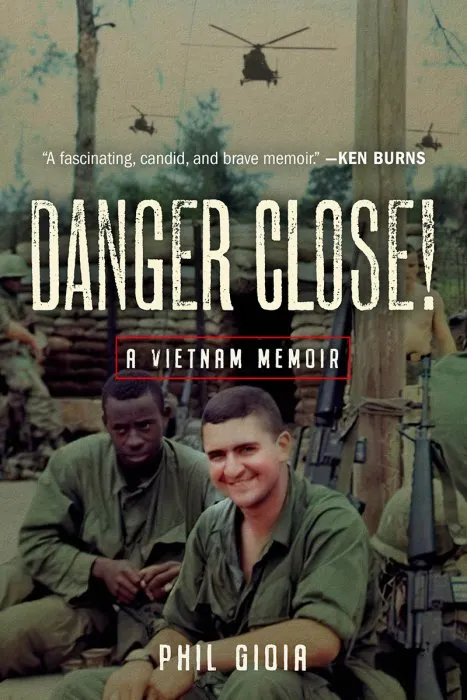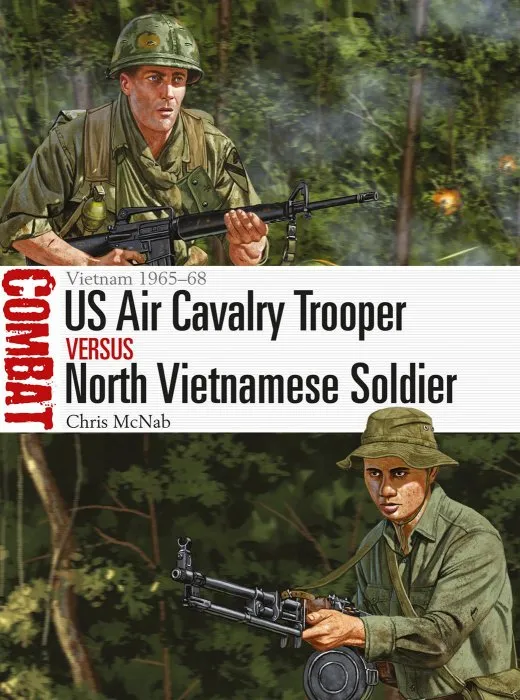Vietnam Combat: Firefights and Writing History

Date: February 28th, 2023
ISBN: 1636242421
Language: English
Number of pages: 288 pages
Format: EPUB
Add favorites
"This is an incredible book. Objective and hard hitting. Robin was in the thick of it—fighting in Vietnam as an Infantry combatant. The author put young Americans in body bags and carried them through the jungle. We were soldiers once. What were we fighting for again? We needed a book like this to help us make sense of a determined enemy in a surreal, mysterious place called Vietnam." -Jan Craig Scruggs, Chair, National Selective Service Appeals Board and Founder, Vietnam Veterans Memorial in Washington, DC
The year 1968 was arguably the most significant year of the war. It was the height of the American involvement, and because officer casualties had been so great after the Tet Offensive of January 1968, all prior officer assignments were canceled.
1st Lieutenant Robin Bartlett, originally on orders to the 101st Airborne Division, suddenly found himself at the “repo-depo” in Bien Hoa reassigned to the 1st Cavalry Division (Airmobile). The unit had more helicopter support than any other unit in Vietnam. The soldiers carried lighter packs, more ammo and water because of the availability of rapid helicopter resupply. Immediate support from artillery, helicopter gunships and ARA (aerial rocket artillery) was only minutes away to support a firefight. Wounded troops could be medevaced even in dense jungle using “jungle penetrators.” It also meant that Bartlett’s platoon could deploy through helicopter combat assaults into hot LZs (landing zones) at a moment’s notice if an enemy force had been spotted. And they did.
It was with extreme anxiety that Bartlett made his way to join his battalion and company – it was the worst of times to be a platoon leader in Vietnam, let alone a grunt serving in a combat unit. Bartlett also had to cope with personal issues of commitment to a war that was rapidly losing support not only back home but among the soldiers he was leading through the jungles of I Corps on “search and destroy” missions. Fifty years later, Bartlett’s vivid combat experiences are brought to light in a fast-moving, well-written, first-person narrative expressing the horror, fear, anguish, and sometimes illogical humor of that war.
The year 1968 was arguably the most significant year of the war. It was the height of the American involvement, and because officer casualties had been so great after the Tet Offensive of January 1968, all prior officer assignments were canceled.
1st Lieutenant Robin Bartlett, originally on orders to the 101st Airborne Division, suddenly found himself at the “repo-depo” in Bien Hoa reassigned to the 1st Cavalry Division (Airmobile). The unit had more helicopter support than any other unit in Vietnam. The soldiers carried lighter packs, more ammo and water because of the availability of rapid helicopter resupply. Immediate support from artillery, helicopter gunships and ARA (aerial rocket artillery) was only minutes away to support a firefight. Wounded troops could be medevaced even in dense jungle using “jungle penetrators.” It also meant that Bartlett’s platoon could deploy through helicopter combat assaults into hot LZs (landing zones) at a moment’s notice if an enemy force had been spotted. And they did.
It was with extreme anxiety that Bartlett made his way to join his battalion and company – it was the worst of times to be a platoon leader in Vietnam, let alone a grunt serving in a combat unit. Bartlett also had to cope with personal issues of commitment to a war that was rapidly losing support not only back home but among the soldiers he was leading through the jungles of I Corps on “search and destroy” missions. Fifty years later, Bartlett’s vivid combat experiences are brought to light in a fast-moving, well-written, first-person narrative expressing the horror, fear, anguish, and sometimes illogical humor of that war.
Download Vietnam Combat: Firefights and Writing History
Similar books
Information
Users of Guests are not allowed to comment this publication.
Users of Guests are not allowed to comment this publication.




